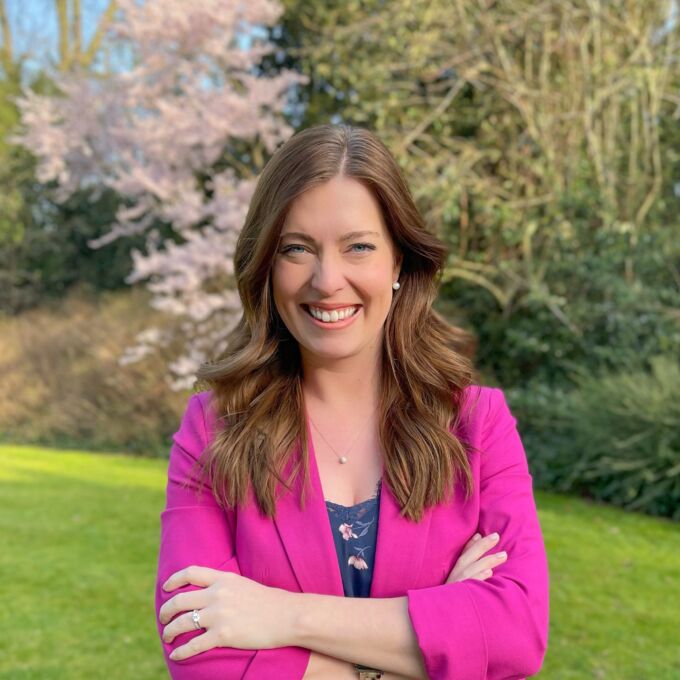Why do we avoid news?

“When we ask people why they are actively avoiding news, they're saying a few key things: they are put off by the repetitiveness of the news agenda, they feel worn out, and they feel that the news is bad for their mental health.”
Dr. Kirsten Eddy, postdoctoral research fellow at the Reuters Institute for the Study of Journalism
Trends in news avoidance
The 2022 Reuters Institute Digital News Report surveyed more than 93,000 readers in 46 countries. According to this report:
What can we do?
Cultivate practices around news consumption that allow you to stay informed without compromising your wellbeing.
Moderate
Moderate your news consumption so you're less likely to become overwhelmed or burned out. You can limit yourself to only checking the news at certain times of the day or for a certain length of time.
Curate
Curate your newsfeed by subscribing to podcasts and/or email newsletters that you trust. By selecting a few reliable sources of news, you can actively engage with news, without feeling overloaded with information.
Diversify
Diversify your news consumption by seeking out news from more than one source so you don't become so burned out by the same stories and perspectives.
Question
Question headlines that play on your emotions—especially anger or fear. While they're designed to get your attention, but these high stress headlines can drive you into avoiding news altogether.
Why does news avoidance matter?
Our society is shaped by the choices we make, including who we elect and how we spend our money. To make good decisions, we need complete and accurate information. Without this, it is easy to make mistakes in judgement.
I avoid the news, and I still feel well-informed.
According to Dr. Eddy, avoiding the news doesn't mean you're a bad citizen, and it doesn't necessarily mean you don't care. She notes that many of us are passive news consumers and get our news from conversations with family and friends or through our social media channels. This can leave us with the impression that we're more informed than we actually are.
When we get news from family and friends, Dr. Eddy says to keep in mind that this distribution "channel" can be less than reliable. Often, this information is missing context and/or can be miscommunicated. As pieces of information get passed along, details get lost, facts get mixed up, and context gets warped - like a game of "whisper down the lane."
For more on this, check out our News Over Noise Episode 104: The Danger of the News Finds Me Mentality.
Listen & Subscribe
Listen to Episode 101: News Avoidance and Why It Matters and subscribe to our News Over Noise podcast to continue learning how to balance staying informed while protecting your well-being and the public good.
